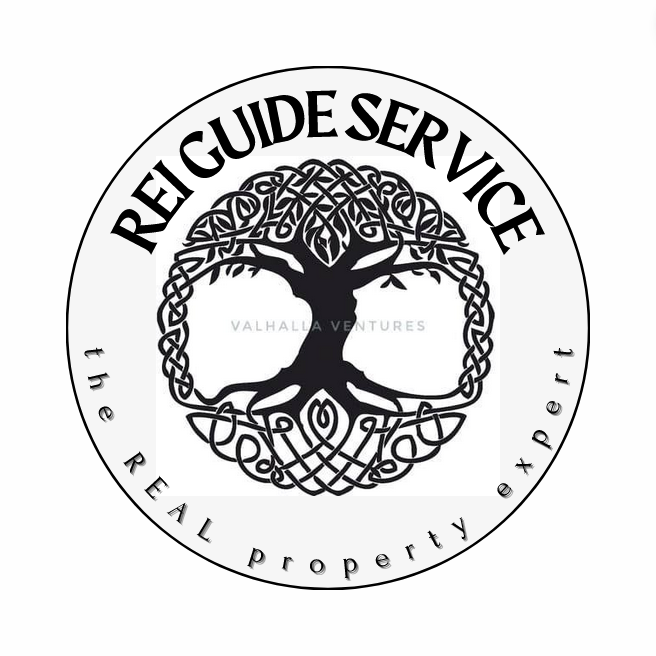People and Docs you need to be in REI
Real estate investing can be complex, and there are various professionals you may need to work with to ensure your investments are successful. Here are some of the professionals you should consider having a relationship with:
Real estate agent/broker: A real estate agent or broker can help you find and purchase properties, as well as list and sell properties you own. They can also provide valuable advice on market conditions and trends.
Real estate attorney: A real estate attorney can provide legal advice on property purchases, leases, contracts, and other legal issues that may arise during real estate transactions.
Accountant: An accountant can help you with tax planning and preparation, as well as offer advice on structuring your real estate investments to minimize your tax liability.
Mortgage broker/lender: A mortgage broker or lender can help you secure financing for your real estate investments, whether you're purchasing a property or refinancing an existing loan.
Property manager: If you're a landlord, a property manager can help you with tasks such as tenant screening, rent collection, property maintenance, and lease renewals.
Contractor: A contractor can help you with property renovations and repairs, whether you're preparing a property for sale or improving a property for rental purposes.
Home inspector: A home inspector can provide a thorough assessment of a property's condition, which can help you make informed decisions about purchasing or improving a property.
Insurance agent: An insurance agent can help you find insurance coverage for your properties, which can protect you from liability and property damage.
Appraiser: An appraiser can provide an estimate of a property's value, which can be useful for purchasing, refinancing, or selling properties.
Title company: A title company can help ensure that the title to a property is clear and free from any defects, which can be important for protecting your investment.
Real estate investing involves a range of complex transactions and legal requirements, so there are several documents that a real property investor should have on hand to ensure their investments are well-documented and protected. Here are some of the essential documents a real property investor should have:
Purchase agreement: This document outlines the terms of the real estate purchase and is the contract between the buyer and seller.
Deed: This legal document confirms the transfer of ownership of the property from the seller to the buyer.
Mortgage agreement: If the property is being financed with a mortgage, the investor should have a copy of the mortgage agreement that outlines the terms of the loan.
Lease agreements: If the property is being rented out, the investor should have a lease agreement that outlines the terms of the tenancy, including the length of the lease, rent amount, and security deposit.
Title insurance policy: This policy protects the buyer from any potential issues with the property's title, such as outstanding liens or ownership disputes.
Property insurance policy: This policy protects the property from damage, theft, or other unforeseen events.
Homeowner association (HOA) documents: If the property is part of an HOA, the investor should have a copy of the HOA bylaws, rules, and regulations.
Inspection reports: The investor should keep any inspection reports conducted before purchasing the property, as well as any subsequent reports if repairs or improvements are made.
Property tax documents: The investor should keep copies of property tax bills and receipts to track their tax liabilities and deductions.
Any other relevant legal documents: Depending on the property and the investor's circumstances, there may be other legal documents that are necessary, such as zoning permits, environmental assessments, and contracts with contractors and vendors.

